I’m in the most difficult stage of my sabbatical: applying what I have learned to my classes. Though my focus was going to be Project Based Learning, I have learned a whole lot more. I thought I’d take a few minutes to outline what I want to apply as I plan my fall English 101 classes.
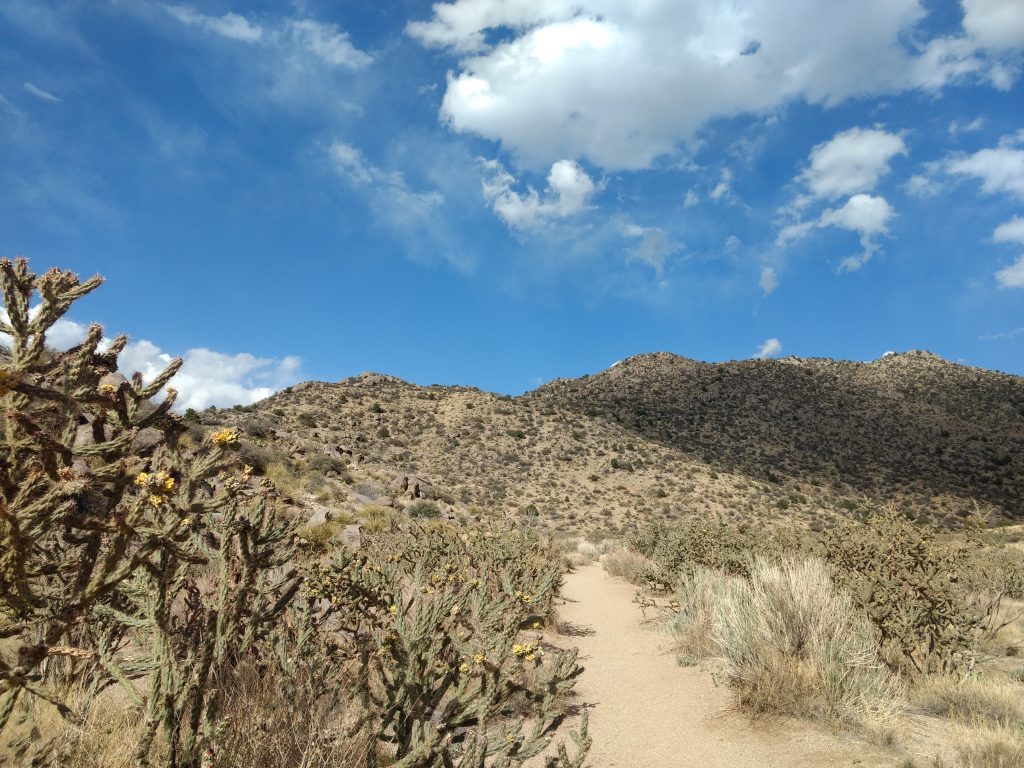
Grades ~ I wrote in my sabbatical proposal that I have known my whole career that using letter grades can be more harmful than helpful. I’ve tried a bunch of different grading strategies but never mustered up the courage to let go of control, ask students to grade their own performance, and uphold those as official grades.
I’ve got a few choices in terms of systems I can use for students to self-grade, so I have more thinking to do before I implement this. Also, since I have so much experience with grading and with community college students, I have some caveats. Students will need to adhere to certain guidelines for me to be willing to uphold their grades. For example, I am big on attendance. If students miss too much class, I’ll withhold the option of students grading themselves.
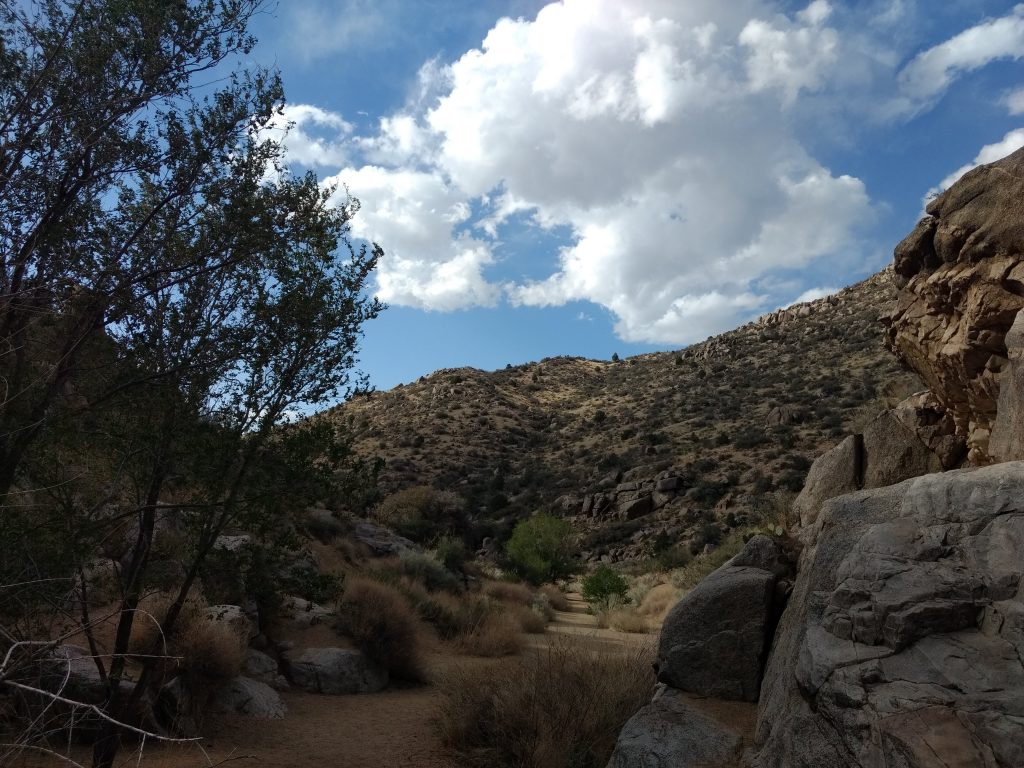
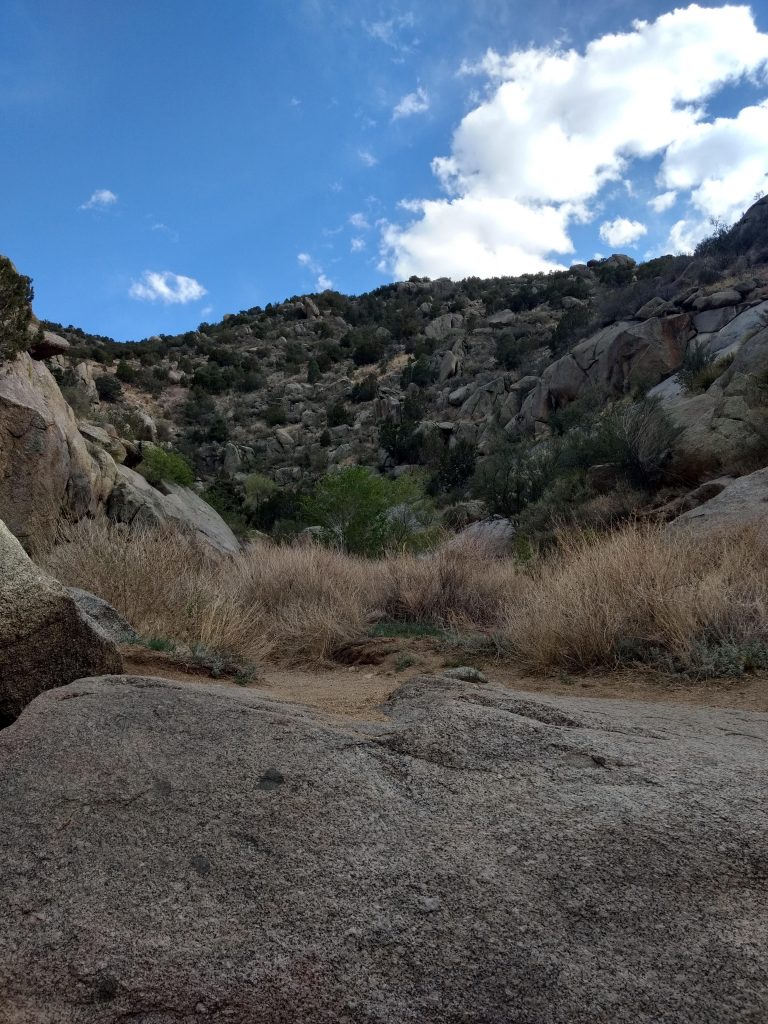
Process ~ I am going to use elements of Project Based Learning and Inquiry Based Learning. The main change I want to make with the process students will use to develop their work is that I want students to plan and keep track of their process. One challenge in teaching classes of 22 individuals is that they finish their work at all different paces. Usually I tell students what the next step is and if I haven’t taught it, we wait for a good amount of the class to be done. If I ask students to make their own plans and they finish a stage of their plan, I can ask them to refer to their own plans or project logs to move onto the next step. There’ll still be times when I’m ready for the whole class to come together to complete a task and students will be in different stages. Perhaps different students will complete different amounts of work based on their pace. I’ll just have to see how things go.
Product ~ I’m going to do my best to help students develop projects that go beyond traditional papers and that do some “real work” in the world. For example, I am considering doing a data art unit similar to what Prairie School did this year. Students can collect data on themselves or on their classmates and share with their classmates what they found out. The goal will be for people to better understand the class, so the work won’t be public, but it’ll still be useful for us. Perhaps another project will have an audience outside of our class.
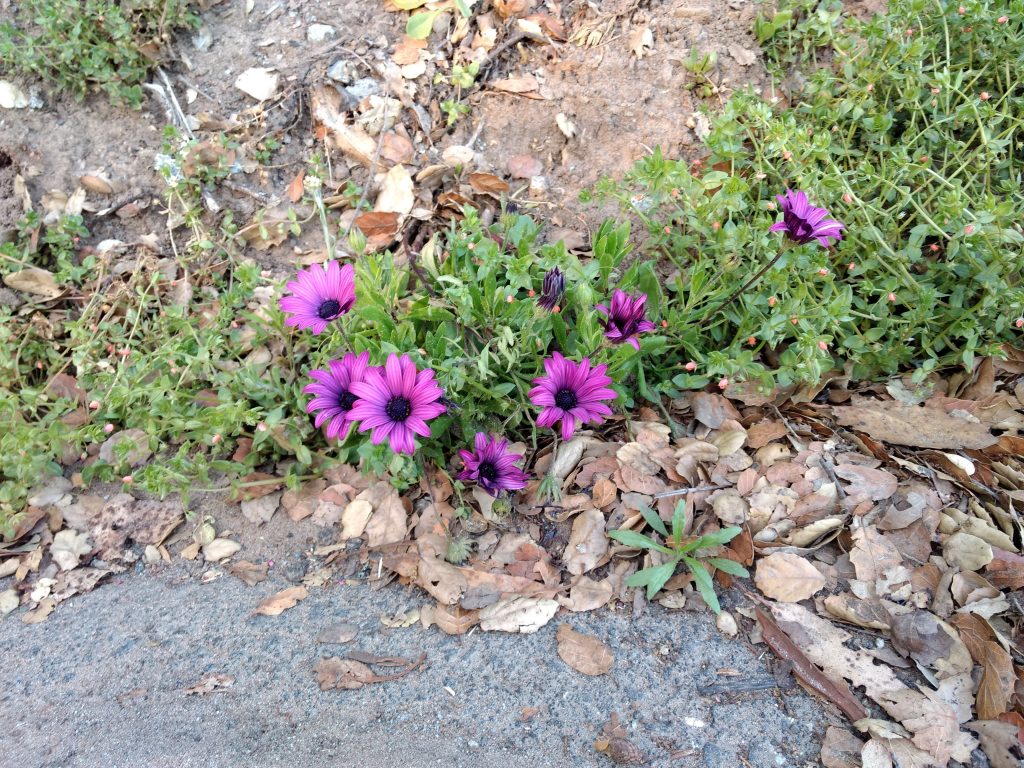
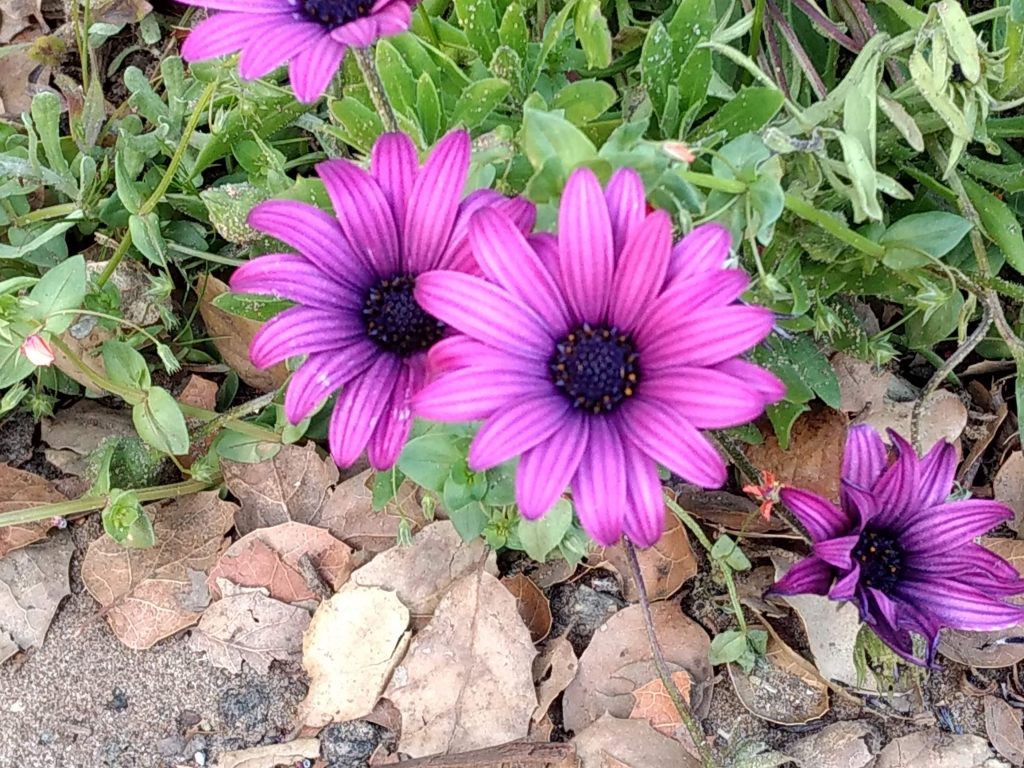
Class Management ~ I have talked with so many friends about how much I appreciate the teacher I have been working with at Prairie School. I value how up front she is, and I think she does a great job showing the students she has high expectations. In many ways, especially in terms of dealing with student conflict (student/teacher conflict or student/student conflict), she is my opposite, but I can cultivate the skills she has for myself.
This past year is the first time I tried to express to students that I am so nice that sometimes students think I’m not serious about the kind of work I want to see from them. I want to continue to be kind, but I also want to set my boundaries and be more clear about what I want to see from them. To me, putting up my boundaries and asking people to do things they may not want to do are things I will be learning my whole life. Now, I’ve got a great model in the Prairie School teacher I have been working with, and more importantly, I see how it benefits students.
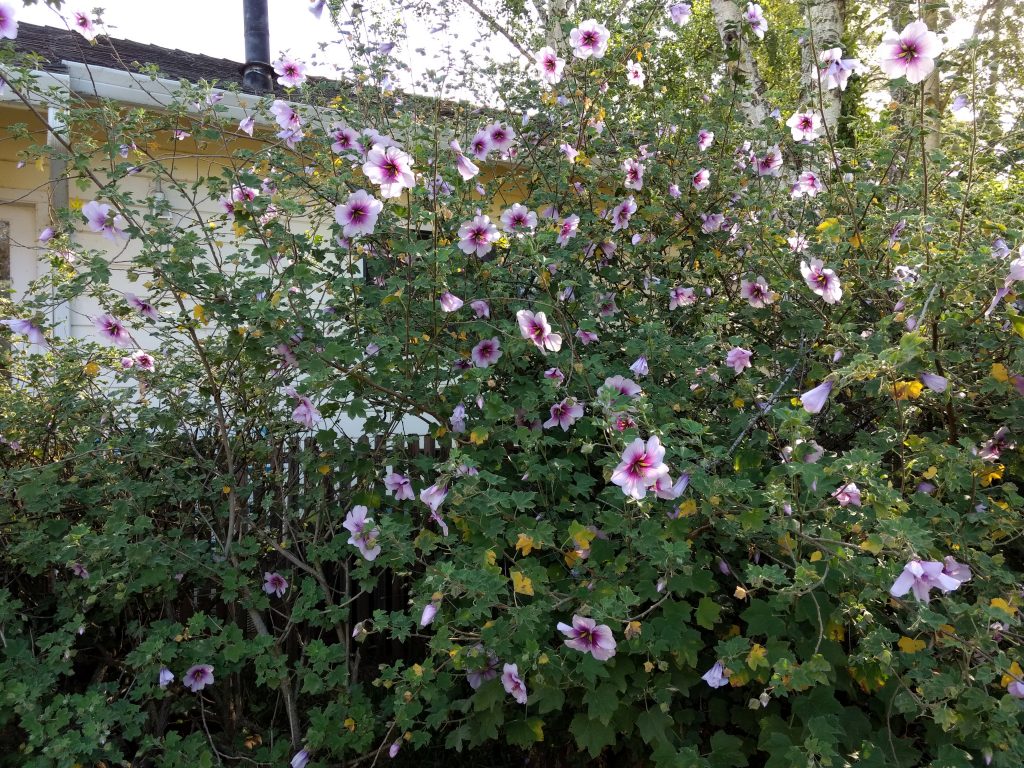
In short, I get a bit mixed up when I think of the similarities and differences in Project Based Learning, Inquiry Based Learning and other learning structures. I can say, though, that I’m taking elements of what I have understood and value, and I am applying them.
Since I am teaching 5 classes this fall, I will get plenty of opportunity to see what works.
Peace Out (and In),
Julie

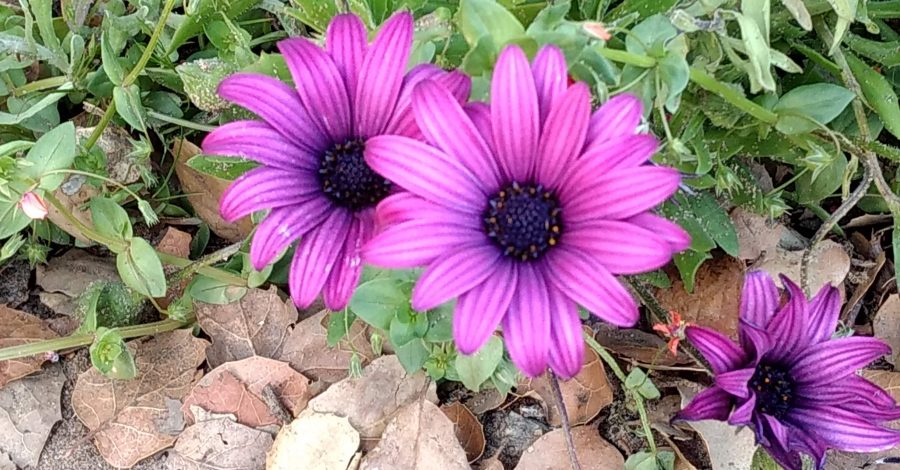
4 COMMENTS
Deb
3 years agoLove your pictures! I’d like to hear more about having students grade themselves.
Julie
3 years ago AUTHORThanks, Deb! I will share more once I have worked it out! I appreciate knowing what you are interested in!
Joan Newsom
3 years agoThanks for sharing Julie. I love how much research and thought you’ve given to ways to guide students to take more responsibility for their own learning, including grading themselves, to planning their own process, to how to challenge the students more. The only part I didn’t quite understand was the product section. Also, I love the pictures!!
Julie
3 years ago AUTHORJoan,
Thank you for the compliments and the question. Questions are the biggest compliment of all because they mean you read close enough to form them and you’re interested enough to ask them.
I usually consider students’ final drafts of papers as products. It’s the final thing that is created through the process. What I hope to do in the future instead of always having students’ final drafts of papers as the product is I hope to have students use their writing to develop another type of product.
For example, if I talked with students about peacemaking, they may write a paper on it, but then I may ask them to take what they learned and create a board game out of it. The writing would be part of the process only and the product would be a board game. If students shared that work with their families or other students at our college, the board game would do “real work” in the world.
Did that answer your questions? Or did you have questions about the data art thing? I realize I was pretty vague on that too.
Thanks Joan!!
Julie